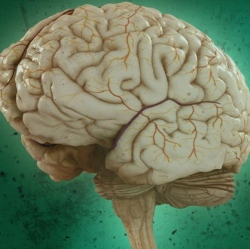
An ambitious effort to replicate 100 research findings in published psychology ended last week. The data has come in and it looks worrying. Results posted online on 24 April, which have not yet been peer-reviewed, suggest that key findings from only 39 of the published studies could be reproduced.
But the situation is more nuanced than the top-line numbers suggest. Of the 61 non-replicated studies, scientists classed 24 as producing findings at least “moderately similar” to those of the original experiments, even though they did not meet pre-established criteria, such as statistical significance, that would count as a successful replication.
The results should convince everyone that psychology has a replicability problem, says Hal Pashler, a cognitive psychologist at the University of California, San Diego, and an author of one of the papers whose findings were successfully repeated. “A lot of working scientists assume that if it’s published, it’s right,” he says. “This makes it hard to dismiss that there are still a lot of false positives in the literature.”
But Daniele Fanelli, who studies bias and scientific misconduct at Stanford University in California, says the results suggest that the reproducibility of findings in psychology does not necessarily lag behind that in other sciences. There is plenty of room for improvement, he adds, but earlier studies have suggested that reproducibility rates in cancer biology and drug discovery could be even lower. “From my expectations, these are not bad at all,” Fanelli says. “Though I have spoken to psychologists who are quite disappointed.”
